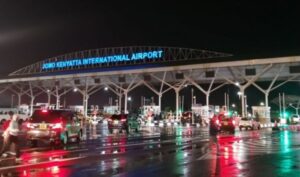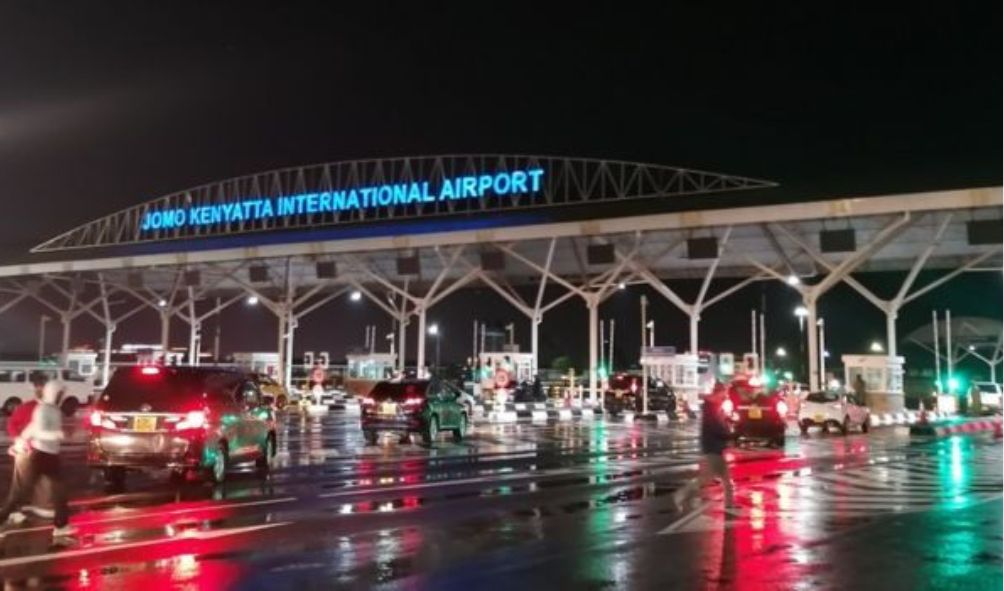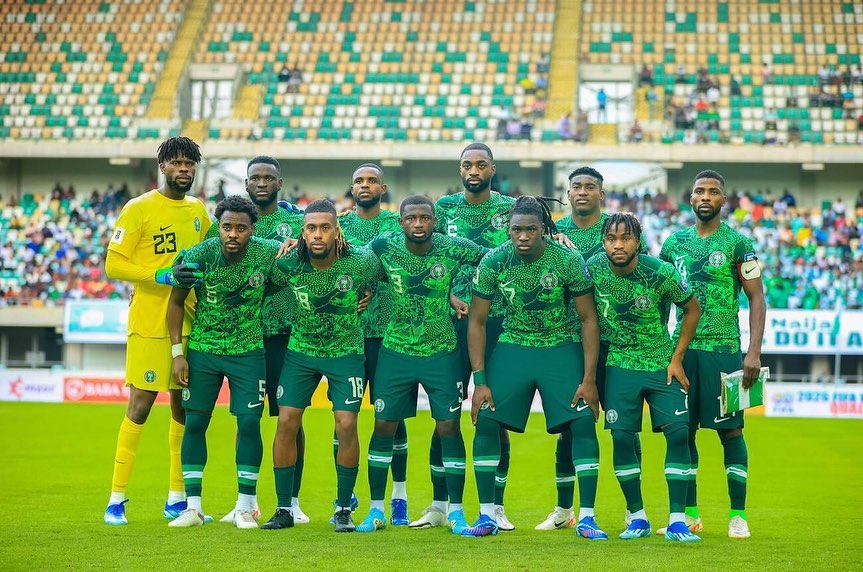Taxpayers foot colossal legal bill as questions mount over mysterious tender award and CEO’s US visa denial
In a scandal that has sent shockwaves through Kenya’s corridors of power, the Kenya Airports Authority splashed a staggering Sh243 million on a single law firm to defend the botched Adani airport deal, a sum nearly 20 times the original budget that has left citizens and transparency watchdogs demanding answers.
The eye-watering expenditure, exposed by whistleblower Nelson Amenya whose revelations first torpedoed the controversial Sh246 billion JKIA lease proposal, reveals a procurement process so questionable it has reignited the national conversation about corruption in public contracts.
Documents obtained by The Standard show that KAA’s acting Managing Director Dr. Mohamud M. Gedi personally signed off on the tender to Triple OK Law Advocates LLP, a recently incorporated firm with alleged political connections, despite the authority having budgeted a mere Sh12.5 million for legal representation.
The 1,845 percent cost explosion was justified on grounds of “urgency” and the firm’s supposed “institutional knowledge” of the case, even as constitutional experts questioned why the Attorney General’s office, which is mandated by law to represent government entities, was bypassed entirely.
“This is outrageous,” constitutional lawyer Karanja Matindi fumed. “The AG is the mandated person under Article 156 of the Constitution to represent KAA. The accountable person should be required to make good this loss of public funds.”
The tender process itself reeks of irregularity. Opened on January 23, 2025, it attracted exactly one bid. When the evaluation committee recommended re-tendering due to budget constraints, officials overruled the decision, citing the firm’s prior engagement with the cases and securing a token 10 percent price reduction that still left taxpayers on the hook for hundreds of millions.
The legal fees stem from KAA’s defense against five separate petitions challenging the Adani Group’s proposed 30-year lease of East Africa’s busiest airport.
The deal, which promised $1.85 billion in upgrades but contained clauses requiring Kenya to compensate the Indian conglomerate for underperformance, was cancelled last November after US prosecutors indicted Adani Group chairman Gautam Adani for alleged bribery.

But the scandal has taken an even more dramatic turn. In a bombshell revelation, Dr. Gedi was denied a US visa under Section 221(g) of the Immigration and Nationality Act ahead of a high-level aviation security meeting with the Transportation Security Administration. Sources indicate the denial may be linked to concerns involving national security, suspected corruption in aviation procurement, and possible ties to narcotics activities.
The visa refusal came as JKIA faced international scrutiny after 20 kilograms of cocaine trafficked through the airport was seized at London’s Heathrow last month.
Aviation Principal Secretary Teresia Mbaika, reportedly shocked by the visa denial, summoned Gedi to an emergency Sunday meeting at her office, fueling speculation that the embattled CEO could be forced out. “There is panic as some officials fear this may trigger changes at KAA,” a source close to the matter revealed.
Critics have pointed out that the entire Adani affair has cost Kenyan taxpayers upwards of Sh500 million in legal fees, application costs, and administrative expenses for deals that were ultimately canceled.
“Can we file a counter petition?” Amenya asked online, calling for citizens to challenge the expenditure and compel personal accountability from KAA officials under constitutional provisions that allow parliament to require accounting officers to personally compensate for financial losses.
The controversy exposes the soft underbelly of Kenya’s public procurement system, where competitive bidding is routinely circumvented through “direct procurement” provisions meant for exceptional circumstances. The selection of Triple OK Law, which critics have labeled as politically connected, compounds perceptions of a system rigged to benefit the well-connected at public expense.
As legal proceedings continue and pressure mounts on social media, the Kenya Kwanza government faces uncomfortable questions about transparency in its handling of major infrastructure projects. The Ethics and Anti-Corruption Commission has remained conspicuously silent, while parliamentary oversight committees have yet to summon officials for testimony.
For ordinary Kenyans struggling with the cost of living, the Sh243 million legal fee represents more than just wasted money. It symbolizes a governance system where accountability remains elusive and public resources are treated as personal piggy banks by those entrusted to safeguard them.
The question now is whether this scandal will finally produce consequences or merely add another chapter to Kenya’s long history of procurement controversies that generate outrage but little reform.


